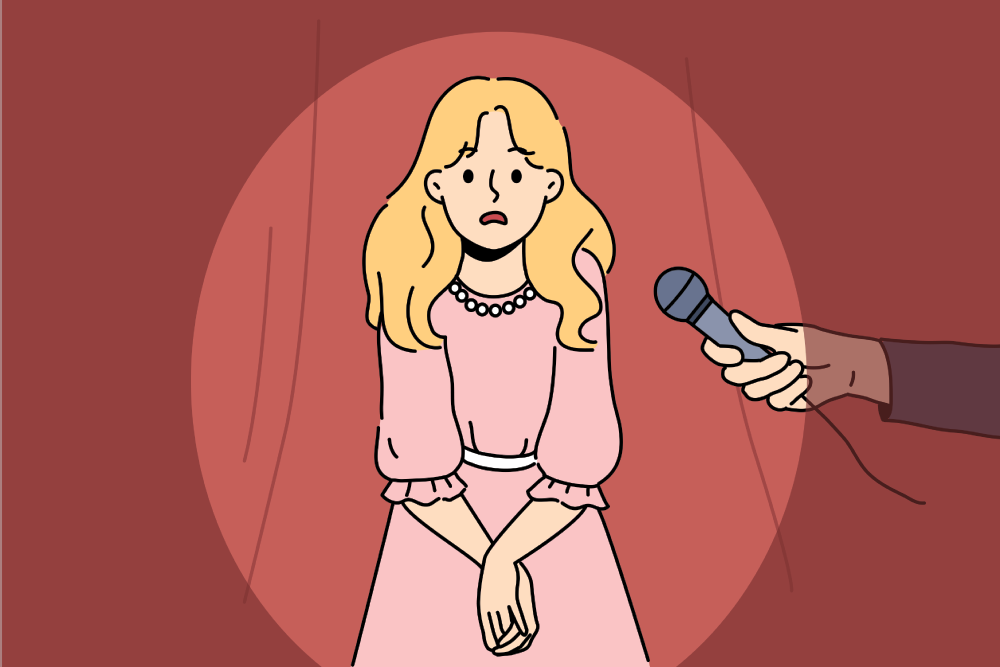Jenny Hall
Verses from the Dhammapada 36
The Buddha's teachings on The Four Noble Truths can help us through any challenging situation.
 ©
© shutterstock
“The wise man guards his mind which is unruly and ever in search of pleasure. The mind well guarded brings great happiness.”
Looking forward to the New Year, a feeling of apprehension may arise. In fact, anxiety seems to be endemic in our culture. Young people especially report feeling constantly under strain. However, whatever their age, people reflecting on personal difficulties and wider issues such as COVID 19, political unrest and climate change suffer forebodings concerning the future.
Not only are we stressed by current situations, recent research suggests that the mental turmoil experienced by our forebears is passed down to us through our genes.
Society offers many pleasurable avenues of escape from such anguish. Whether it’s a glass of prosecco or a new smartphone, we are easily persuaded to grab anything that offers comfort. A flier advertising life insurance seemed to be promising eternal relief: “Peace of mind that lasts forever.”
There is a story of a man who approached the Buddha wanting a solution to all the problems that were worrying him. He said he was a farmer whose crops often failed because of lack of rain. Sometimes his wife nagged him. Sometimes his children were disrespectful. The Buddha quietly listened to all the farmer’s anxieties. At the end of the long list the farmer asked the Buddha for advice. The Buddha said he couldn’t help him. He said: “Everyone has eighty- three problems.” The farmer became extremely angry and said: “I thought your teaching would help me.” The Buddha replied: “It may help you with the eighty fourth problem.” The farmer asked what this problem was. The Buddha said: “You want to have no problems.”
The Buddha taught that “Life is suffering.” We cannot run away from the fact. No solution can be found because everything is in a state of flux. Nothing assuages our unease for long. Despite this truth, we ignore it. We continue to seek for answers desperately clinging to passing phenomena or ephemeral beliefs. The Buddha taught that fear and desire driving our ‘unruly’ thoughts create the delusion of ‘I’. This delusion is the root of all our unease. If the emotions churning and burning are greeted and suffered, the energy is transformed into ‘choiceless awareness’, where all traces of ‘me’ and ‘my’ problems disappear. Choiceless awareness acts appropriately for the good of all. The Zen training offers the opportunity to experience this transformation for ourselves.
I once neglected to meet anxiety in the form of stage fright by taking the comfortable option of declining to perform in a dance show at our local theatre. Later however, the chance to contribute to an end of term dance presentation was embraced. In the dance studio there is a sign which says “Dance as though no one is watching.” During the classes this is easy to obey. Self- consciousness arises together with the thought of an audience. The desire to ‘do well’, ‘not to let our teacher down’, ‘not to fall over’ and ‘not to forget the steps’ leads us to try too hard. Every day before the presentation I practised the steps. I tried to take control. In fact, I wore myself out. The more I practised the more I wobbled. The more I tried to remember the steps, the more they eluded me.
‘The mind well-guarded brings great happiness.’
Suddenly it was realised that I still wasn’t actually physically meeting the fear of failure. This fear was tensing my muscles. It was driving thoughts about the steps. Thinking about the steps gave the impression that the centre of gravity resided in my head. I relaxed and invited the inner turmoil to burn ‘me’ away. The centre of gravity shifted into the solar plexus. Now there was stability. Free from thought there was awareness of the whole body. The dance flowed. There was freedom and enjoyment. In this way worries concerning the display were met. When the mind drifted into thoughts of the future performance, giving myself wholeheartedly into what was being done emptied it.
On the afternoon of the display, our group was on last. It was the hottest day of the year. The stuffy studio was packed. Anxiety reared up again. ‘Would us elderly ladies faint, or worse, collapse on stage with a stroke?” Meeting it, there was a quiet walking forward. There was a wholehearted giving oneself into the correct posture. As the music started there was a giving oneself into the haunting melody. No one made a mistake, no one fell over. We smiled at the audience and the audience smiled back. I had only feared the pictures I had painted.
In the present reality of wholeheartedly giving ourselves into whatever is occurring, there is no ‘I’ to tremble or to say ‘I’m afraid!’ There is just a joyous at-one-ment in the dance of life.
































































